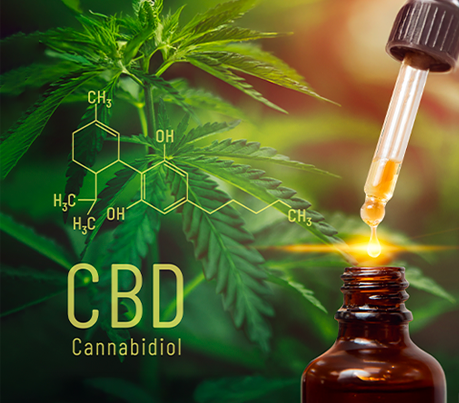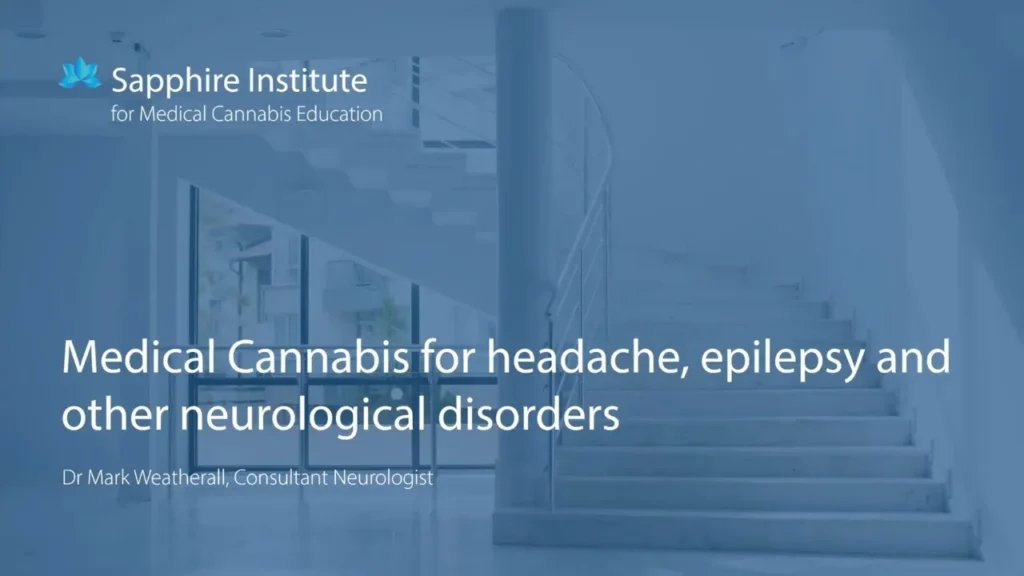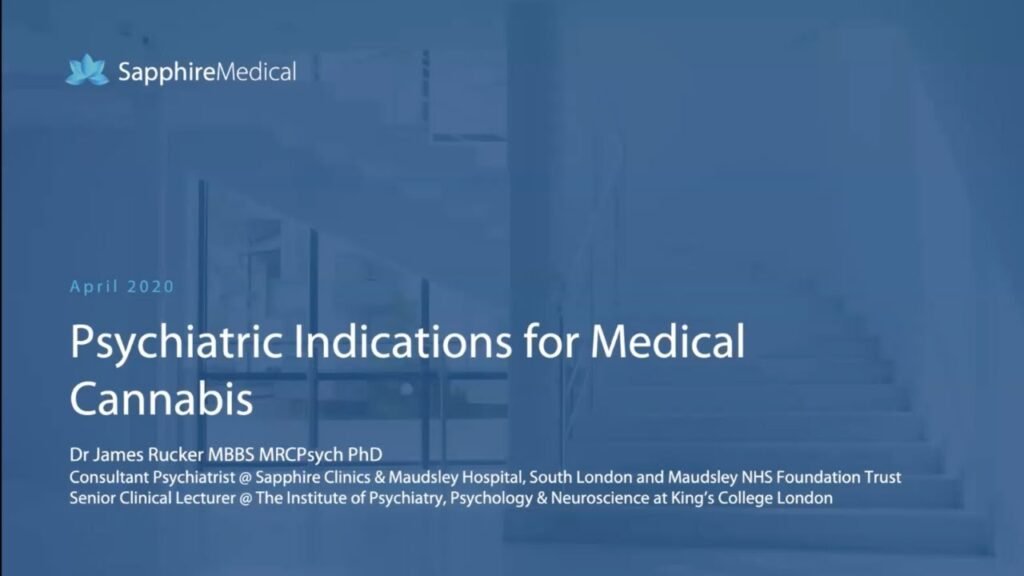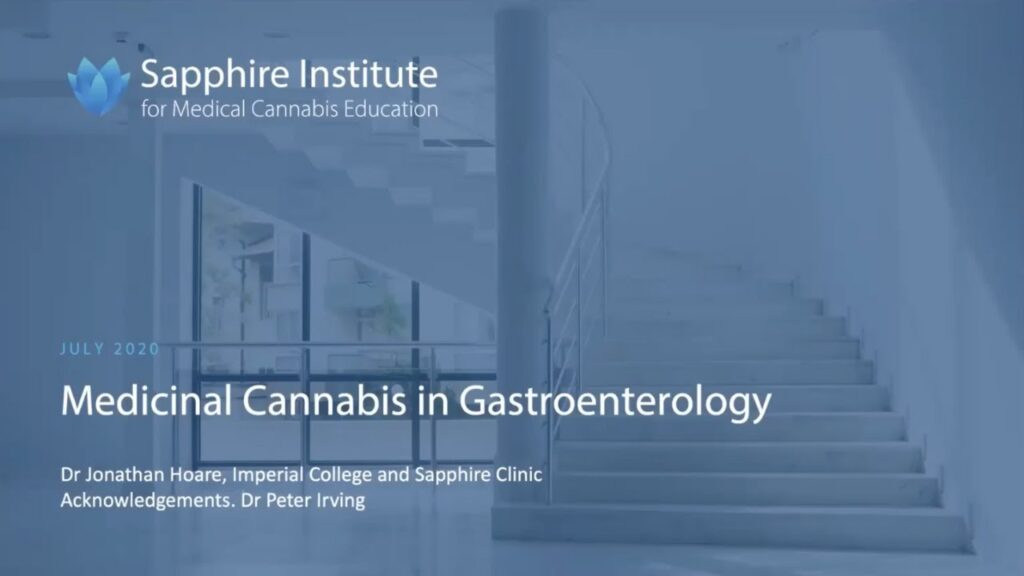Discover tailored educational content for your region—select your country to get started
Global leaders in medical cannabis
Specialising in research, development, production and distribution of medical cannabis. Curaleaf International is dedicated to advancing access to cannabis-based medicines through innovative, reliable, evidence-based information.
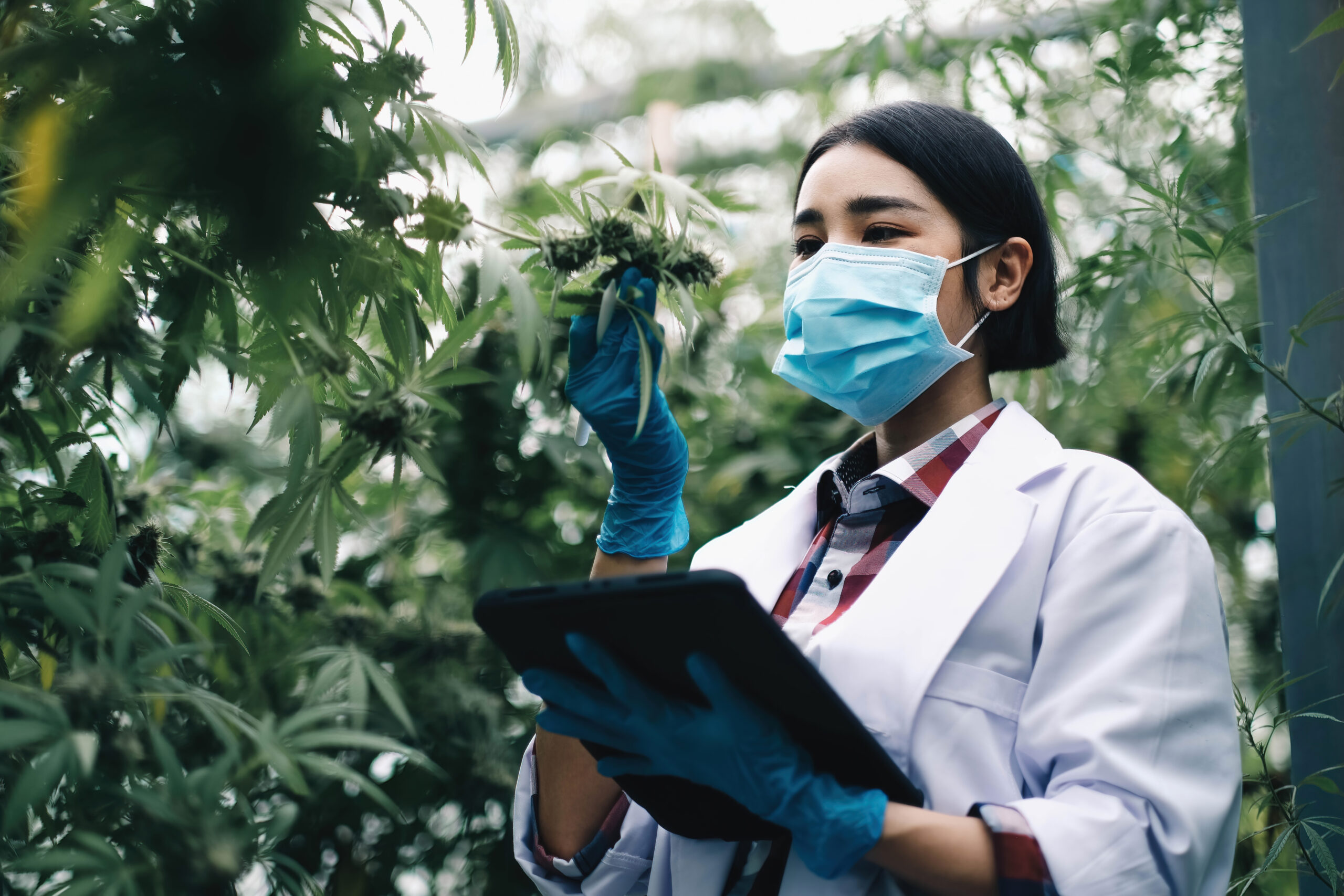
Discover more about the active compounds within cannabis and the growing body of evidence
Pain therapy
Arthritis
Chronic pain
Cluster Headache
Complex regional pain syndrome
Ehlers Danlos syndrome
Endometriosis
Low back pain and sciatica
Migraine
Neurological disorders
Epilepsy
Fibromyalgia
Multiple sclerosis
Musculoskeletal pain
Neuropathic pain
Parkinson’s disease
Tourette’s syndrome
Psychiatric disorders
Agoraphobia
Appetite Disorders
Attention Deficit Hyperactivity Disorder
Insomnia
Obsessive-Compulsive Disorder (OCD)
Post-Traumatic Stress Disorder (PTSD)
Gastrointestinal disorders
Crohn’s Disease
Ulcerative Colitis
Irritable Bowel Syndrome (IBS)
Cancer related disorders
Anxiety
Nausea and Vomiting
Appetite Loss
Depression
Palliative Care
Are you a healthcare professional?
Access our exclusive contents
Articles and Research

Help from cannabinoids against chemotherapy-induced nausea and vomiting

Cannabis Use in Attention-Deficit Hyperactivity Disorder (ADHD)
Do you need more information?
How does access to medical cannabis work?
The NHS only funds cannabis-based medicines for a small range of indications, namely: Dravet’s or Lennox-Gastaut syndromes (two treatment-resistant forms of epilepsy), moderate to severe stiffness associated with multiple sclerosis, and nausea and vomiting associated with chemotherapy.
Medical cannabis products for any other indication are currently only accessible via private appointments with a doctor who specialises in your type of condition. These appointments require access to information regarding your health from your GP and any letters from specialists that you have previously seen about your condition, or the person you would like us to review (if you are not enquiring for yourself).
Once we have this information, we can begin to determine whether we might be able to help. At this point, it is time to book you in for an assessment with our specialists. If our specialists agree that medical cannabis might be right for you, they will present the case to our multidisciplinary team for authorisation.
If authorised, we can move ahead and issue a prescription to our preferred partner, Curaleaf Pharmacy, or the pharmacy of your choice.
Is Medical Cannabis Legal in the UK?
Medical cannabis has been legal in the UK since November 2018. However, prescriptions may only be initiated by a specialist doctor, like those here at Curaleaf Clinic. Our doctors can prescribe a range of cannabis-based products that are produced as medicines to treat medical conditions and illnesses.
Medical Cannabis and Driving
Like many everyday medicines, your driving ability may be reduced (driving impairment) while you are taking your medical cannabis. Your medication can cause drowsiness and can initially reduce your reaction times. This can increase your risk of having an accident, putting yourself and others at risk.
You should ask your specialist doctor who prescribed your medical cannabis for evidence that they believe you’re safe to drive while taking your medication. You only need to inform the DVLA if you have a notifiable medical condition or disability that could affect your ability to drive safely. You do not need to inform them about your prescription.
Learn more about speaking with the DVLA about your medical conditions by visiting gov.uk.
It’s always best to avoid driving or tasks that require fine motor skills until you know how your medication affects you. Some of the times your driving risk is likely to increase are listed below:
- After a change in dose, most likely after an increase in dose
- If you are prescribed a high dose or seem sensitive to side effects
- If your medication causes blurred vision, tiredness, and poor co-ordination or attention
A statutory defence may apply if a car accident occurs where a specialist doctor has legally prescribed medical cannabis and driving performance was not impaired.
The current legal limit for blood tetrahydrocannabinol (THC) levels is 2micrograms/L. High doses of medical cannabis THC can cause this, so it’s essential to speak to your specialist doctor if this is likely the case with your prescription.
THC can show up in your blood a few days after initially taking your medication. This is because your body stores THC in your fat cells and slowly releases it over several days. This can mean that you may be over the legal limit but not experiencing any impairments.
No matter your medication, you should never drive whilst impaired. Your dose and prescription can affect you differently from someone else, so you should always speak to your specialist doctor about possible impairment while taking your medication. Cannabidiol (CBD) does not cause impaired driving.

